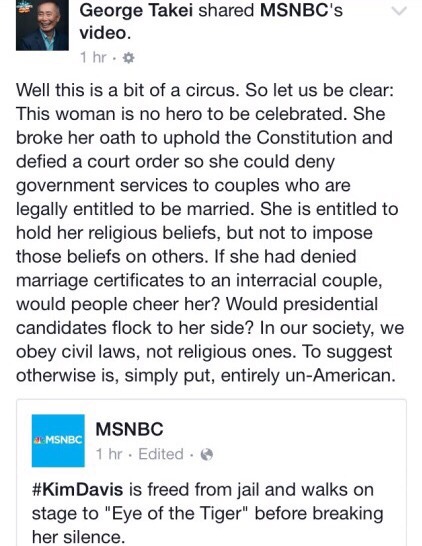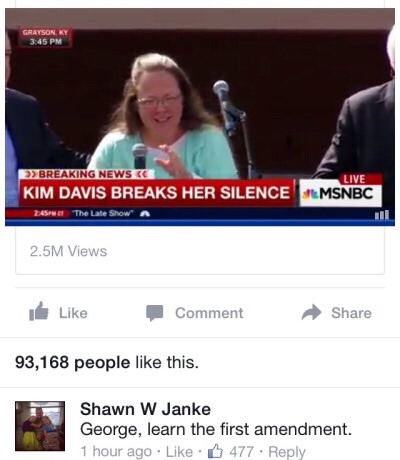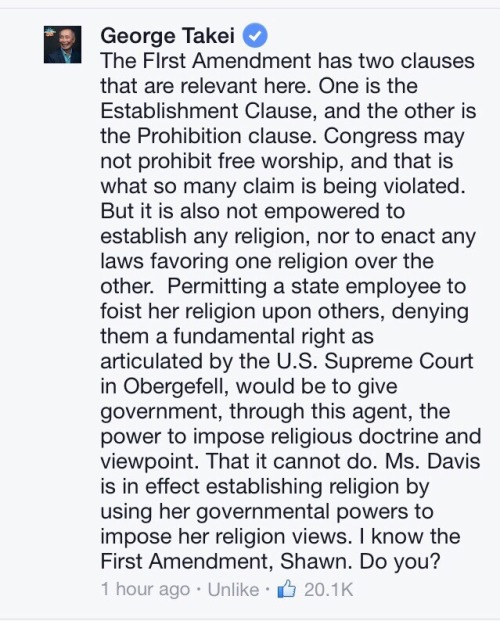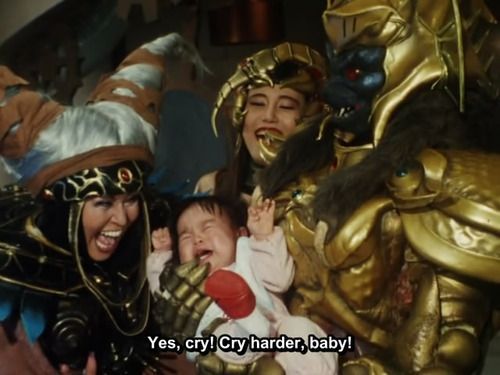I Just Saw Infinity War!
I just saw Infinity War!
Posts containing spoilers (which will probably be posted starting tomorrow) will be tagged with “Avengers: Infinity War,” “Infinity War spoilers,” and “spoilers.” They will also be placed under a cut.
(Probably no one actually cares about spoilers at this point, but I’d rather not risk it.)
More Posts from Mjollydragon and Others
It wouldn’t be a very big difference, but it would be a difference.
Attacking someone for not dating you is saying that it is your right to control their actions.
Attacking someone you are dating depends on the circumstance. From the list above, it seems like the biggest reason is infidelity, which is saying that your right to faithfulness is greater than someone’s right to life. It’s also more centered around forcing someone into not doing something than forcing someone into doing something.
Attacking your ex again depends on the circumstances. Infidelity would be basically the same, but attacking someone for breaking up with you is probably more like the first case.
There’s also the fact that there tends to be a greater connection between partners than between one person asking the other out.
Again, these things are similar, and I’m not saying they’re not. I’m just saying that there is a distinction, though the distinction is not the most important part of this post.

shocking
reblog if you believe that gender neutral bathrooms should be available everywhere



George Takei educating the ignorant
You can't really say for all of American students how much homework they get, I'd also rephrase that bc it sounds like you're saying they're at fault for doing what kids do which is explore their world and learn through social interactions. Today it includes social media and Netflix and it may not be the best use of their time but most teens can't function the same way as adults.
Right, that’s why I tried to qualify it by saying “at most schools.” My school is known for giving a lot of homework, and that’s largely what I’m basing my observations off of since I don’t spend that much time with people at other schools. (Other American high school students are welcome to chime in here! I don’t claim to speak for everyone.)
You may be right that it sounds like I’m blaming them. If you have suggestions for rephrasing feel free to send me them.
I would totally attend a Utopian service.
HUMANISTS:
Expectation- Grow! Strive! Excel!
Reality- Government of, by, and for the most insufferable shitheads you knew in high school
BRILLISTS:
Expectation- Unlock the mysteries of the human psyche!
Reality- Your president is a smug sack of shit who’s also computer-racist
EUROPEANS:
Expectation- Unbreakable bonds of cultural tradition
Reality- “You seized my borderlands, you executed my hero, you conquered me a thousand years ago, and I remember.”
COUSINS:
Expectation- Altruism, community, common good
Reality- Some rando’s crashing on your couch six out of seven nights and it’d be too awkward to say anything at this point
UTOPIANS:
Expectation- Join our constellations and build the future! Also, Fursona-Pokémon are real and you can have one!
Reality- I Fucking Love Science + ENDLESS SCRUPULOSITY HELL
MASONS:
Expectation- Power. Order. Eternal tradition.
Reality- Facebook feed is endless unironic “when did THIS [modern architecture] become hotter than THIS [Byzantine spires]”
MITSUBISHI:
Expectation- Noble stewards of our terrestrial inheritance
Reality- Everyone’s least-favorite rent-seeker, and you don’t even have close to enough property to have a say in anything
WHITELAWS:
Expectation: Morally upright, clean living, stable communities
Reality: Mormonism but without the pretense of spiritual development
GRAYLAWS:
Expectation- Join the one group that isn’t directly run by lunatics
Reality- Somehow even more milquetoast than just becoming a Cousin because your ba'pas are
BLACKLAWS:
Expectation- Proud, honorable libertines, shining example of voluntary self-governance
Reality- The worst possible overlap in the Venn diagram of ancaps and LARPers




My favorite one is, “come on Star Wars be original,” as if putting a man in the lead would be cutting edge stuff. Anyway…

This is fascinating. I kind of wonder why these don’t tend to get as much coverage as murders by men. My first instinct is gender stereotyping, but I’m not sure if the answer is that simple.
I will note that most of these are not related to rejecting romantic advances, which was the point made by the original poster; nevertheless, that doesn’t mean they aren’t a problem.

shocking
This is by no means an original take, and I probably did not spend as much time as I should have editing the writing into being a coherent take, but:
In an awful lot of movies, Steve Rogers would have been right.
(Or, well, treated-as-right by the narrative, at least; in some of those movies many, many people would have died for his idealism, but this wouldn’t have been treated as wrong.)
When faced with this sort of explicit trolley problem, there are two main messages in pop culture: either you should never pull the level (you might kill a named character) or you should find a way to save everyone. For instance, take The Last Jedi: the narrative treats it as correct that Rose stopped Finn from sacrificing his life, not because his plan wouldn’t have worked, but more-or-less because we don’t trade lives. (Other examples: every fucking YA novel ever. ‘You can choose between your significant other... or saving the world.’ ‘Bye, world.’)
(She is absolutely trading lives, just not in the direction that, you know, saves people.)
(This is not to say that characters never trade off lives! The really obvious example here is that most movies are totally fine with killing the villain to protect innocents, although I’m pretty sure the message is generally closer to “the lives of villains don’t matter” than “pull the lever.” Characters will also sometimes do things like choose which of multiple locations to go to, which is generally understood in their narratives to be trading off lives at least a little. But when there’s this sort of explicit setup, the correct answer as portrayed in the narrative is almost never “pull the lever.”)
Now, I actually can think of counterexamples -- Wrath of Khan is very clear that you should pull the lever, for instance, and since I brought up The Last Jedi earlier I might as well mention Holdo’s choice at the end. But in said counterexamples, the person making the choice is almost always choosing to kill themself, not another person, and they usually would have died anyway.
But when characters are faced with the explicit choice of killing someone, maybe multiple someones, or letting far more people die, the treated-as-correct choice is almost never to kill them.
And I’m glad that we have a movie where that’s not the case.

